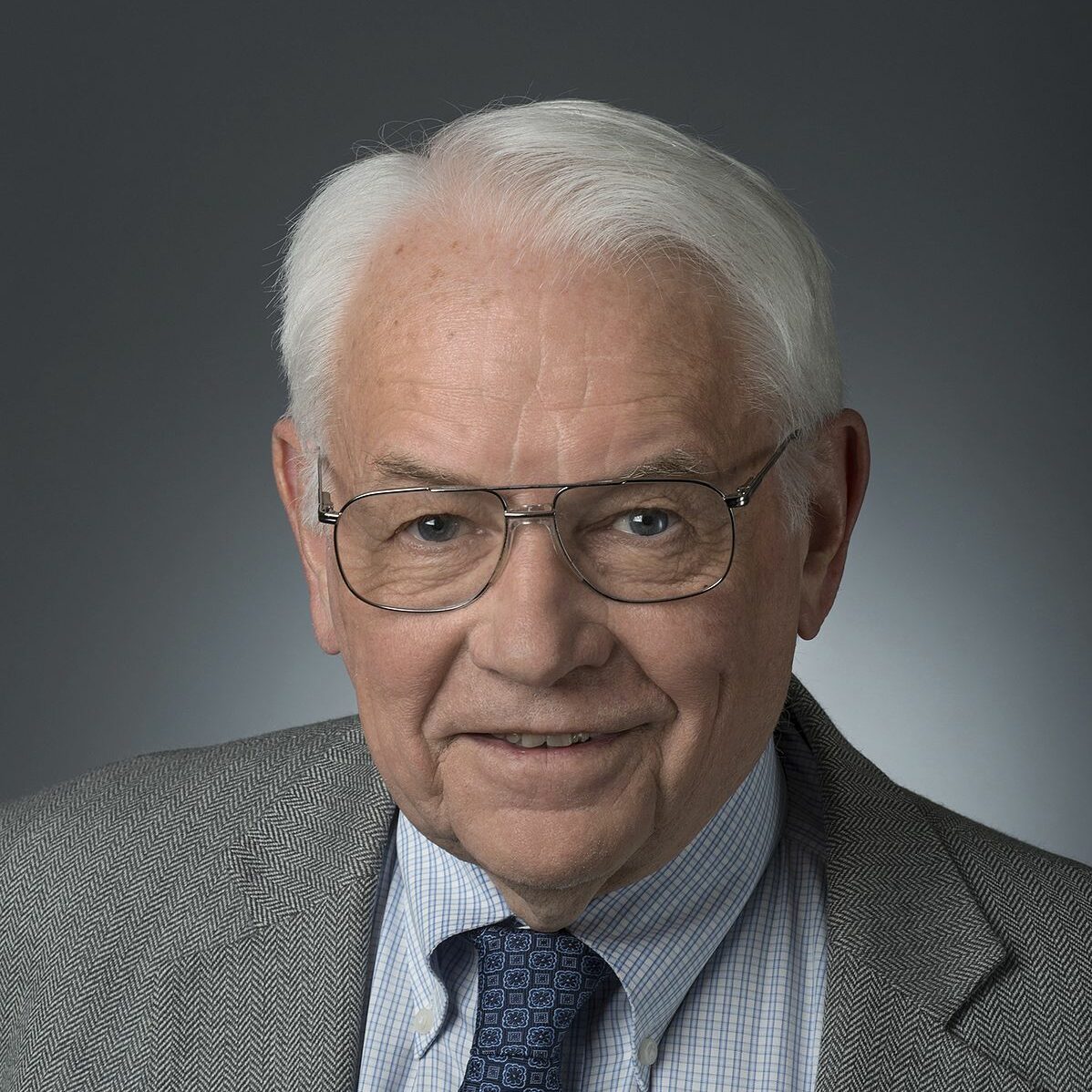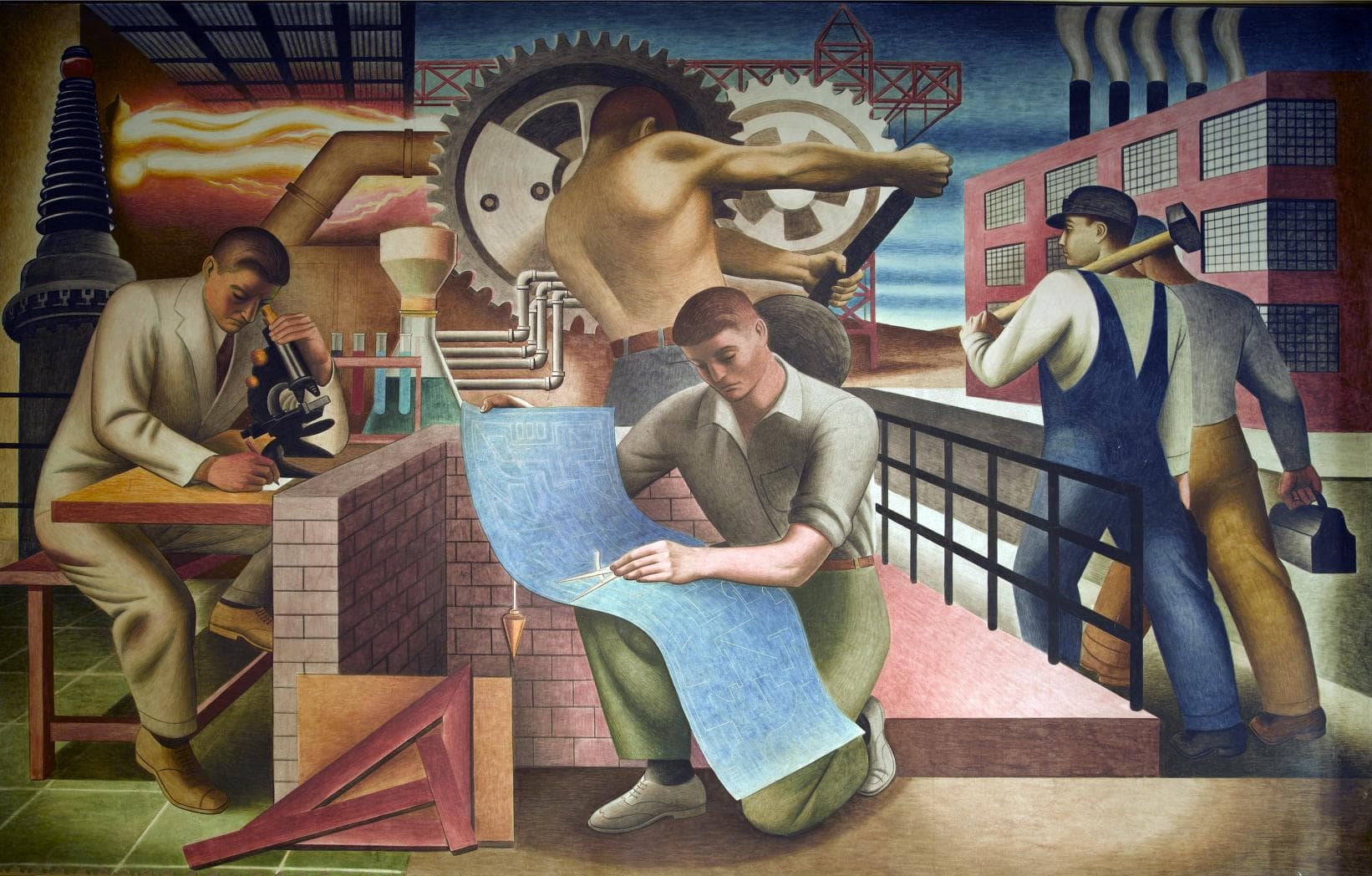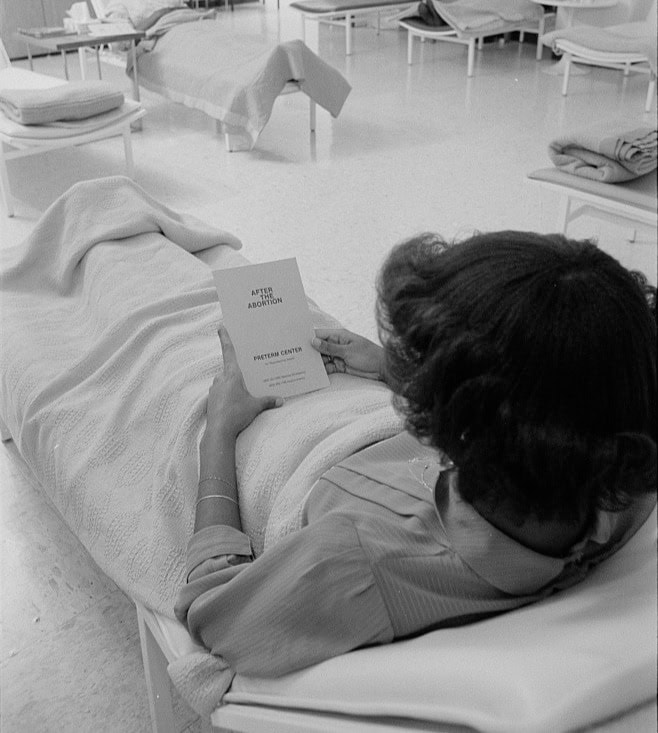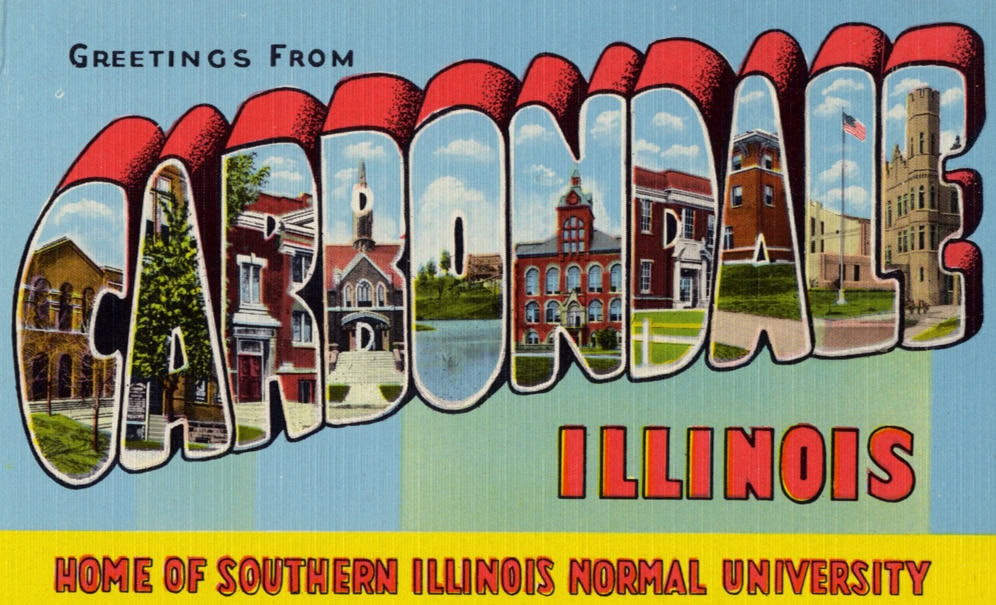Editor’s Note: Peter Stearns, vice president of the AHA’s Teaching Division from 1994 to 1997, has submitted the following as a call for discussion on this important topic. The editor invites responses, preferably about 1,000–1,500 words, by July 1, 1998, for publication in a Perspectives Forum.
The rationale behind the multifield oral exam in history doctoral programs has long embraced many elements. The exam testifies to some breadth to proclaiming competence in a research field—and, at least vaguely, to substantive preparation for teaching.
Currently, attention to teaching escalates. Graduate students need to demonstrate awareness of teaching issues to get jobs (though many remain ill prepared). Departments, willingly or under pressure, consider franker and more open discussions of teaching issues.
In this context, a modest proposal: why don’t we convert (or at least open to option for a candidate to convert) one of the oral exams into an examination focusing on teaching. The examination would still probe substantive competence, but it would also address curriculum issues, selection of teaching materials, evaluation of relevant texts, plans for skills development and assessment activities, and finally, some awareness of student audiences.
The result could, without downplaying subject competence, elevate attention to teaching at a vital early phase. It would feed a department culture more attentive to open discussions of teaching issues. It would produce both better prepared teaching assistants and more job-ready candidates.
Of course the idea needs some testing, and some experiments on appropriate modification of standard exam formats. At the same time, it is not entirely new: world history fields have developed with curricular issues in mind at several institutions. Not at all revolutionary, it does require some innovative effort and adjustments in our training culture. I hope that several programs—including programs now most lacking in teaching guidance for graduates, whatever their research prestige—will take up the challenge and, in time, report on methods and results. There will be tangible job rewards for graduates in some of the pioneering institutions.



